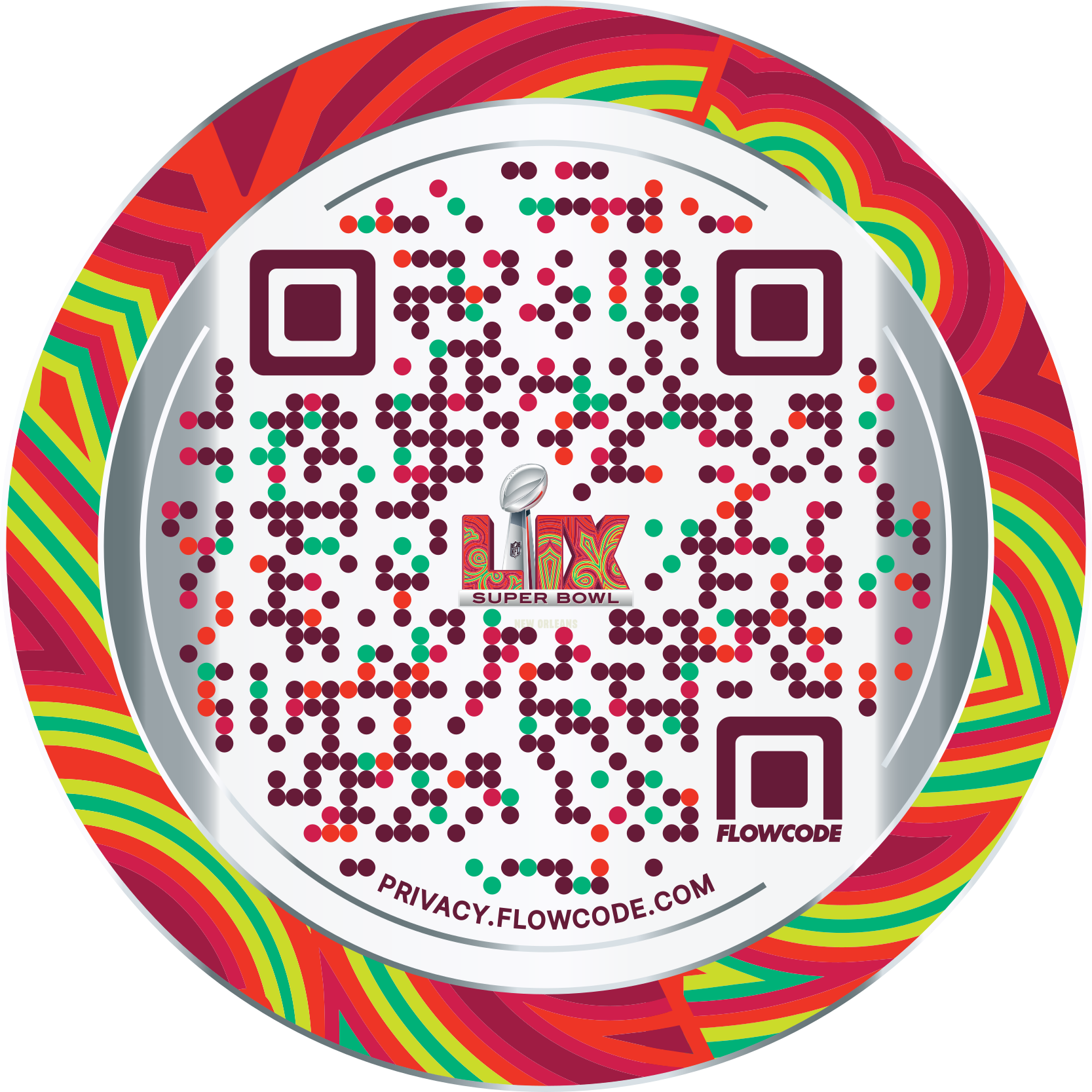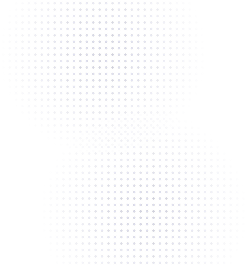
Securely Unlocking the Potential of QR Codes in Healthcare With HIPAA Compliance

Doctors carry the heavy burden of keeping patient data under lock and key. Of course, the sanctity of patient health records is of primary concern. Yet, the necessity for efficiency in healthcare communication demands the industry keep pace with digital advancements.
A more recent wave in healthcare tech is the QR code — a simple yet powerful tool in the exchange of clinical information. As with its technological predecessors, it warrants adherence to specific compliances. Namely, HIPAA.
The Health Insurance Portability and Accountability Act of 1996 (HIPAA) set the stage for protecting sensitive patient health information. It ensured that it be kept private and never released without a patient's explicit consent and knowledge. As the healthcare industry increasingly adopts QR codes to streamline operations — from accessing patient forms to sharing crucial medical information — the spotlight on security only intensifies.
Ultimately, healthcare professionals have to wonder: can QR codes even be HIPAA compliant? Yes! And here’s how Flowcode accomplished just that.
The intersection of HIPAA X QR codes
Why was HIPAA, a law enacted decades before QR codes became omnipresent, so pivotal? Initially, HIPAA aimed to simplify the administrative processes of healthcare while protecting electronic records. In order to do so, it provides clear, indisputable guidelines for handling electronic protected health information (ePHI). Interestingly, this also enables de-identified information to be used in research and public health for the greater good.
But as technology evolves, the landscape of compliance does right alongside it. QR codes, capable of instantly accessing health records, diagnosis information, or medication guidelines, must align with HIPAA’s stringent security measures. This includes encrypting all protected health information, both at rest and in transit, as well as implementing strict access controls.
The growing role of QR Codes in healthcare
QR codes have only recently entered the healthcare sphere. Now, healthcare providers are leveraging them in a wide variety of ways, including:
- Patient identification: Ensuring that the correct medical information is linked to the proper patient.
- Medical equipment: Providing QR codes on devices that link to usage instructions or troubleshooting tips.
- Telehealth initiatives: Facilitating easy information sharing and building upon improved patient education.
As QR codes become ingrained in day-to-day healthcare operations, their compliance with HIPAA should be first on your list as you vet options. Providers must ensure these codes are 100% foolproof.
Navigating HIPAA compliance for new technology
With the rise of remote work and BYOD (Bring Your Own Device) policies, new challenges in maintaining HIPAA compliance emerged.. Personal devices used by healthcare professionals may inadvertently expose patient information to security breaches–especially when these devices connect to insecure networks outside of a controlled environment.
Moreover, QR codes have their own unique risks. For instance, “quishing”, phishing attacks using QR codes. These work by directing to sites designed to harvest credentials or download malware. Thus, it only makes sense that preventing such threats is imperative for HIPAA compliance.
What does this mean for Flowcode users?
While technology in itself cannot satisfy HIPAA compliance standards, it's a critical component for healthcare professionals to achieve it. Flowcode’s technology adheres to the administrative, physical, and technical safeguards outlined in the HIPAA Security Rule. That means we provide a robust foundation for protecting health information.
Further, Flowcode’s commitment extends beyond mere compliance. By incorporating features like automatic log-offs and unique user identifiers, we can make sure each interaction with healthcare data our flow is secure and traceable.
The future of QR technology in healthcare
As QR codes expand further into the healthcare industry—a sector known for its stringent regulations—the responsibility of technology providers like Flowcode grows with it. The promise of QR technology in healthcare can be boundless. But only if we approach it with the proper precautions.


































.png)














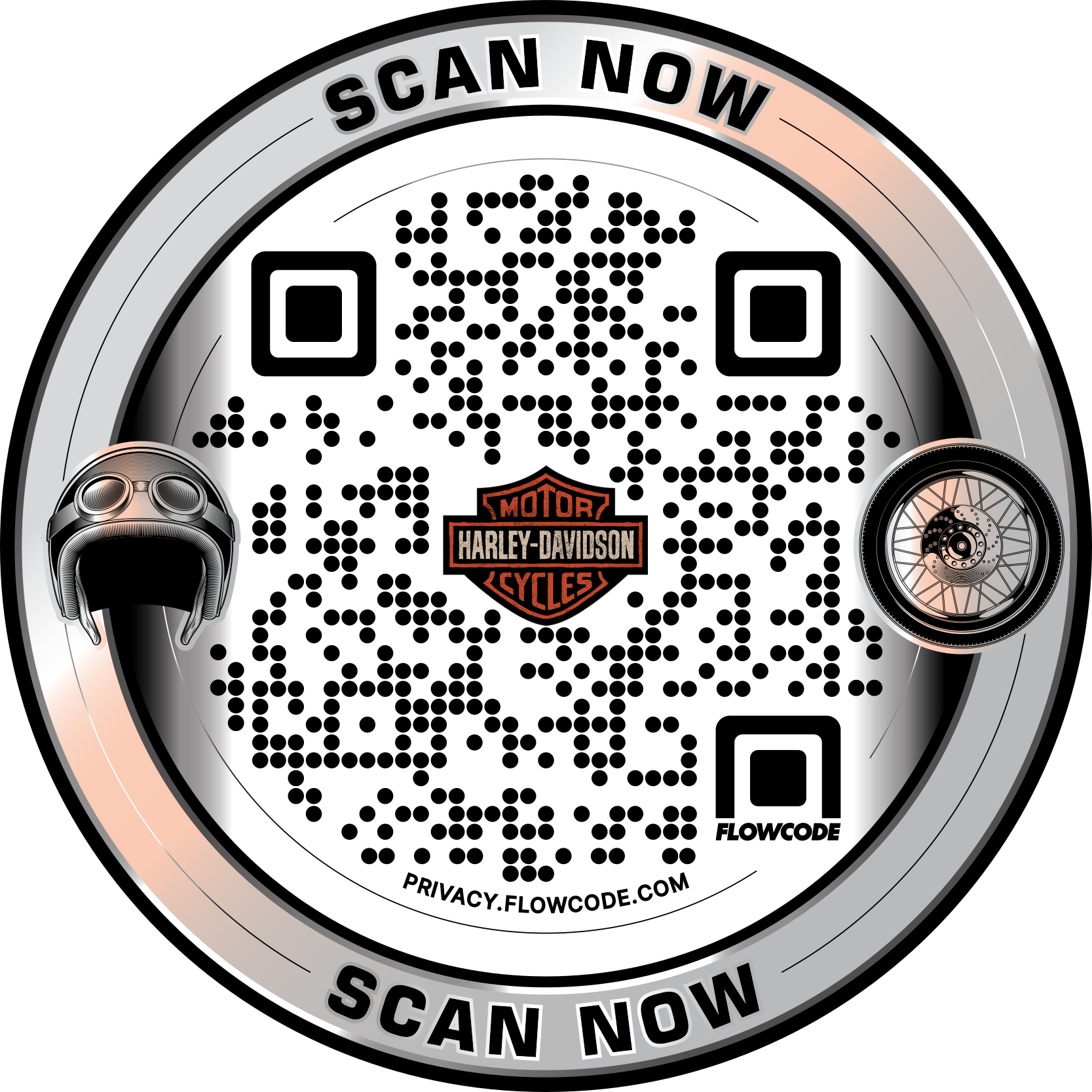
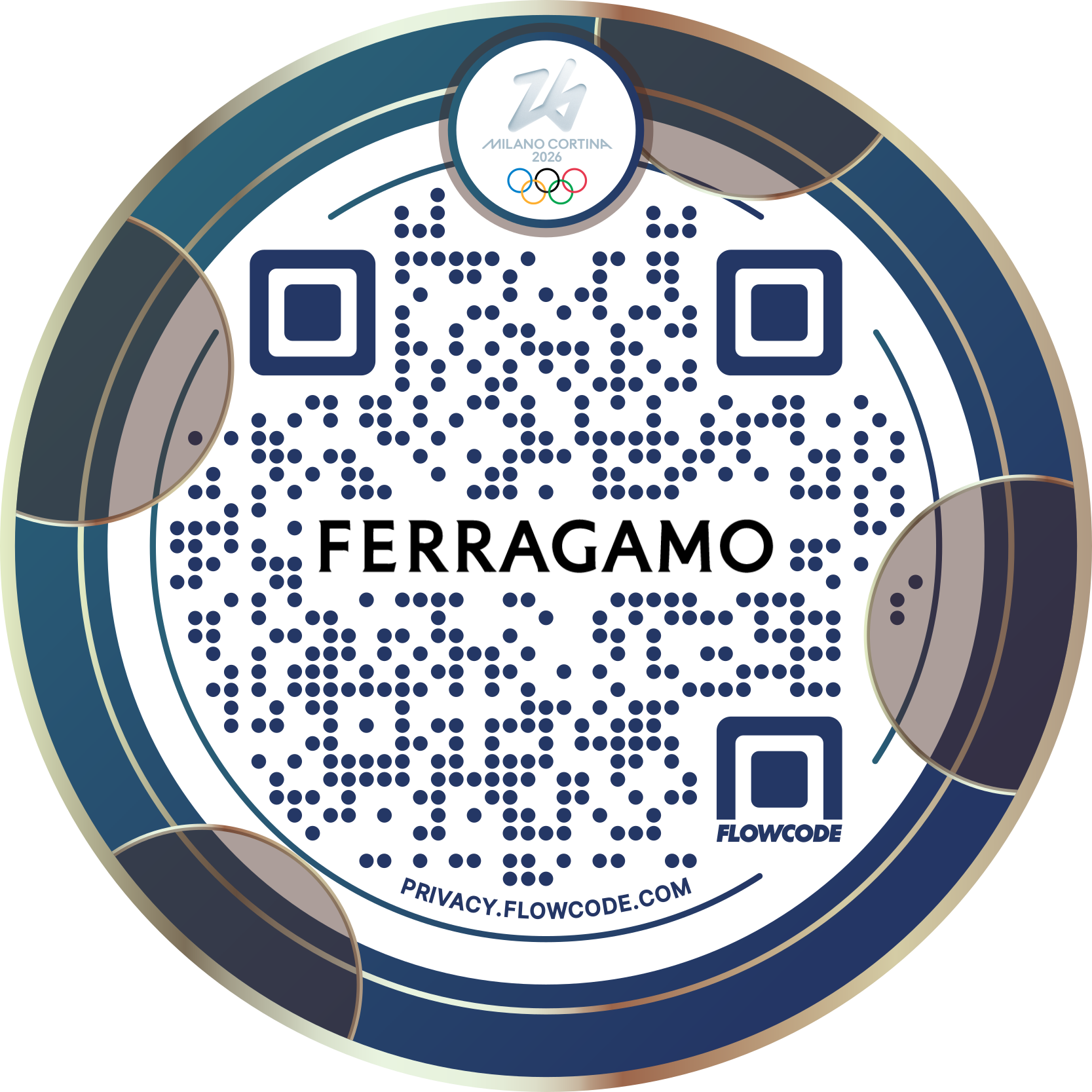
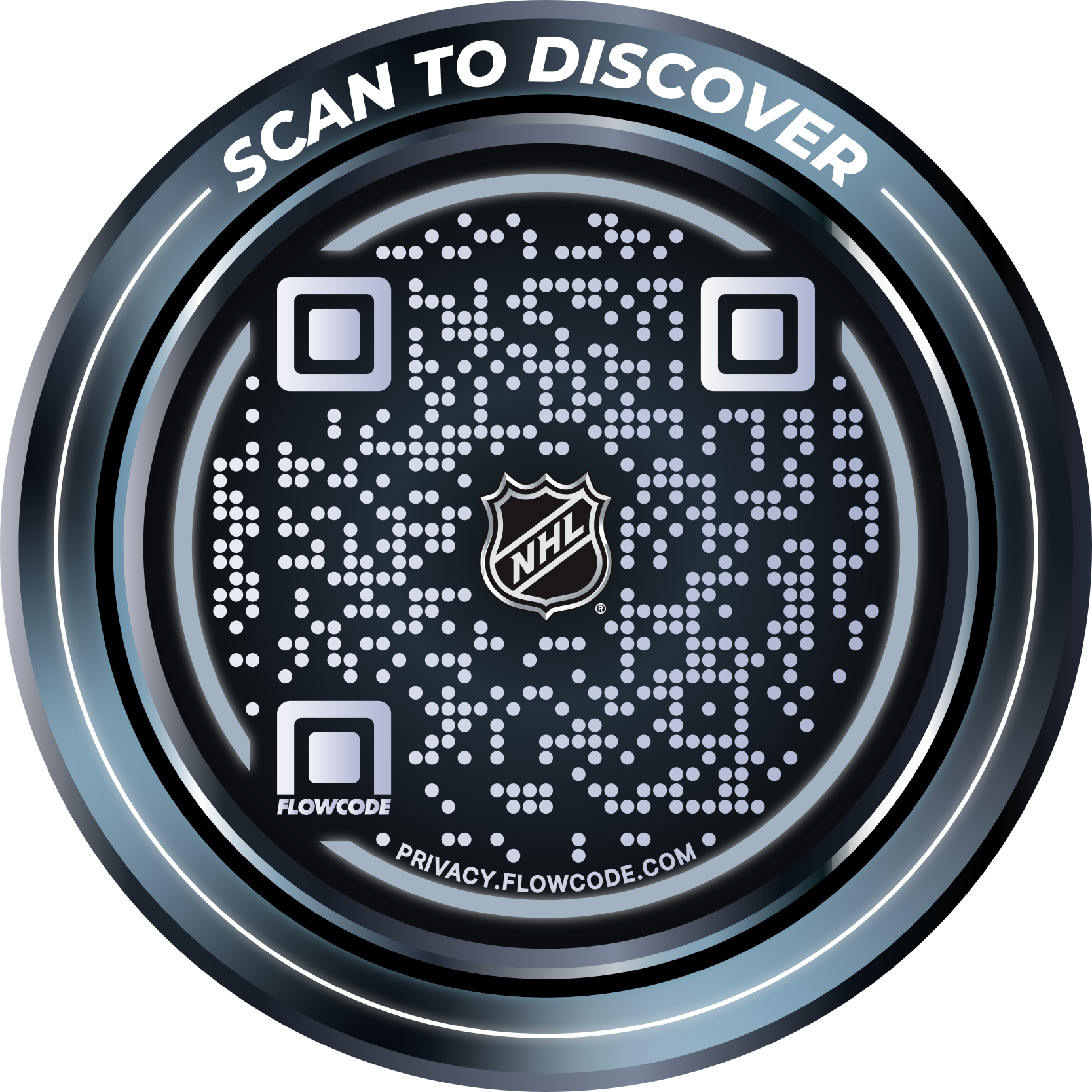
.png)
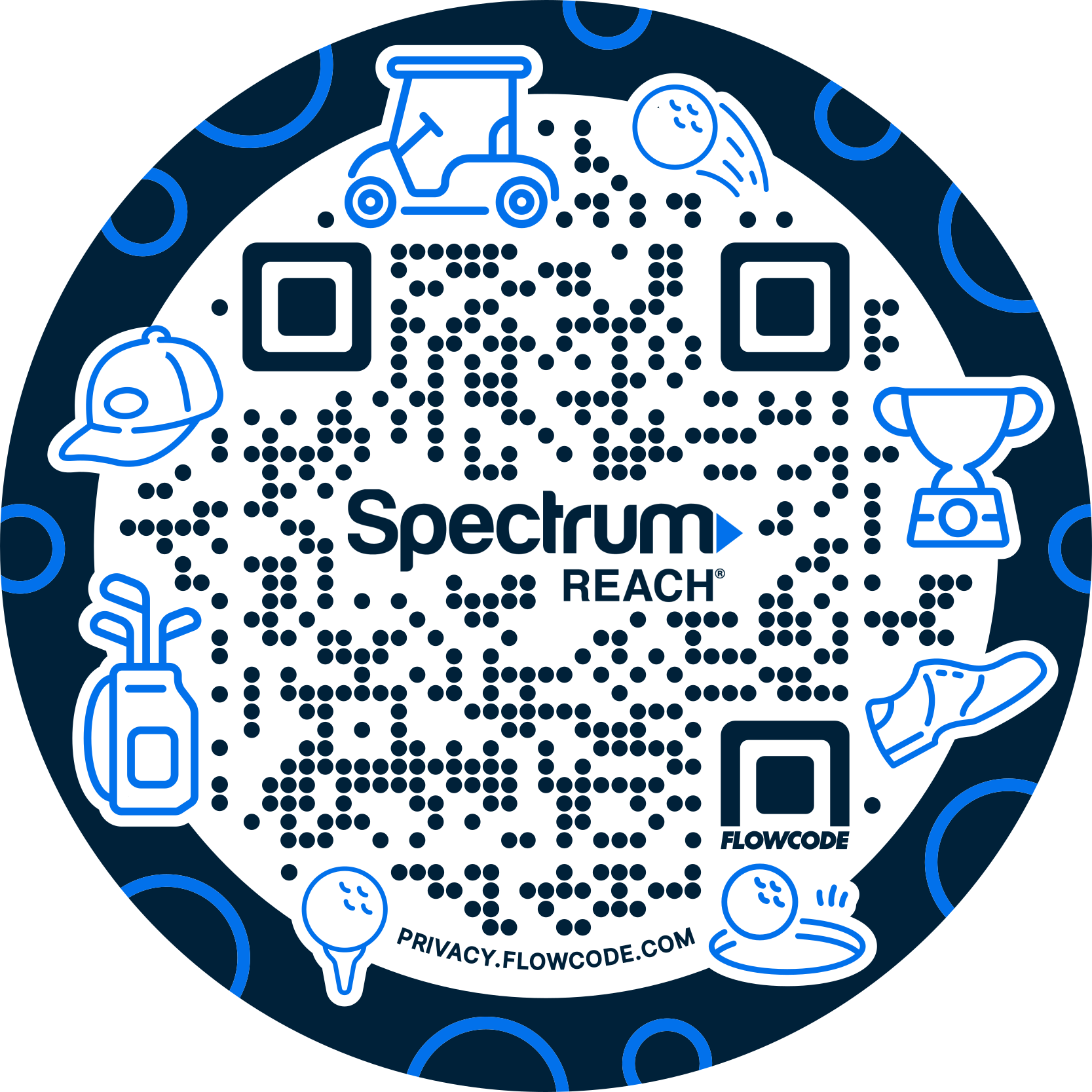
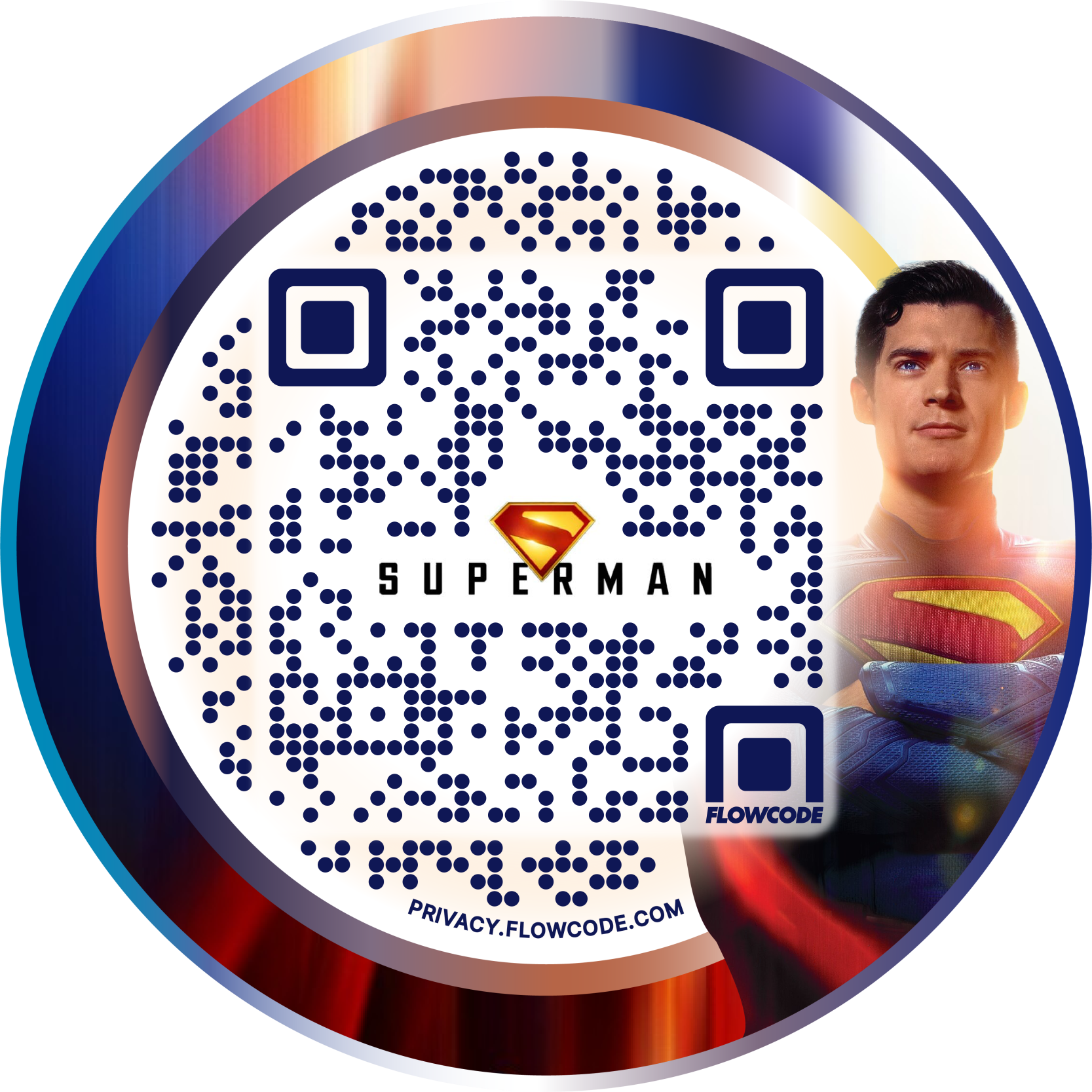
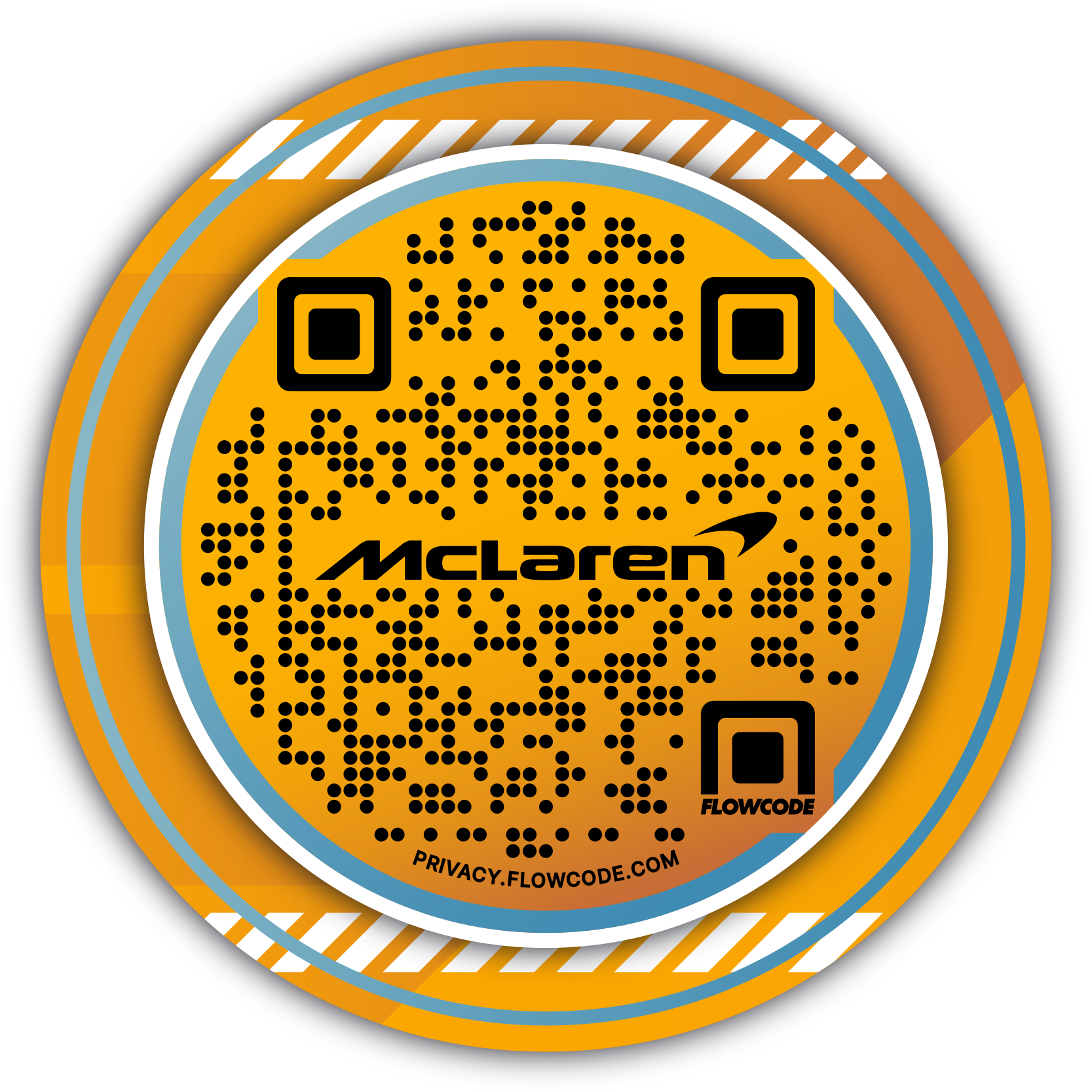

.png)
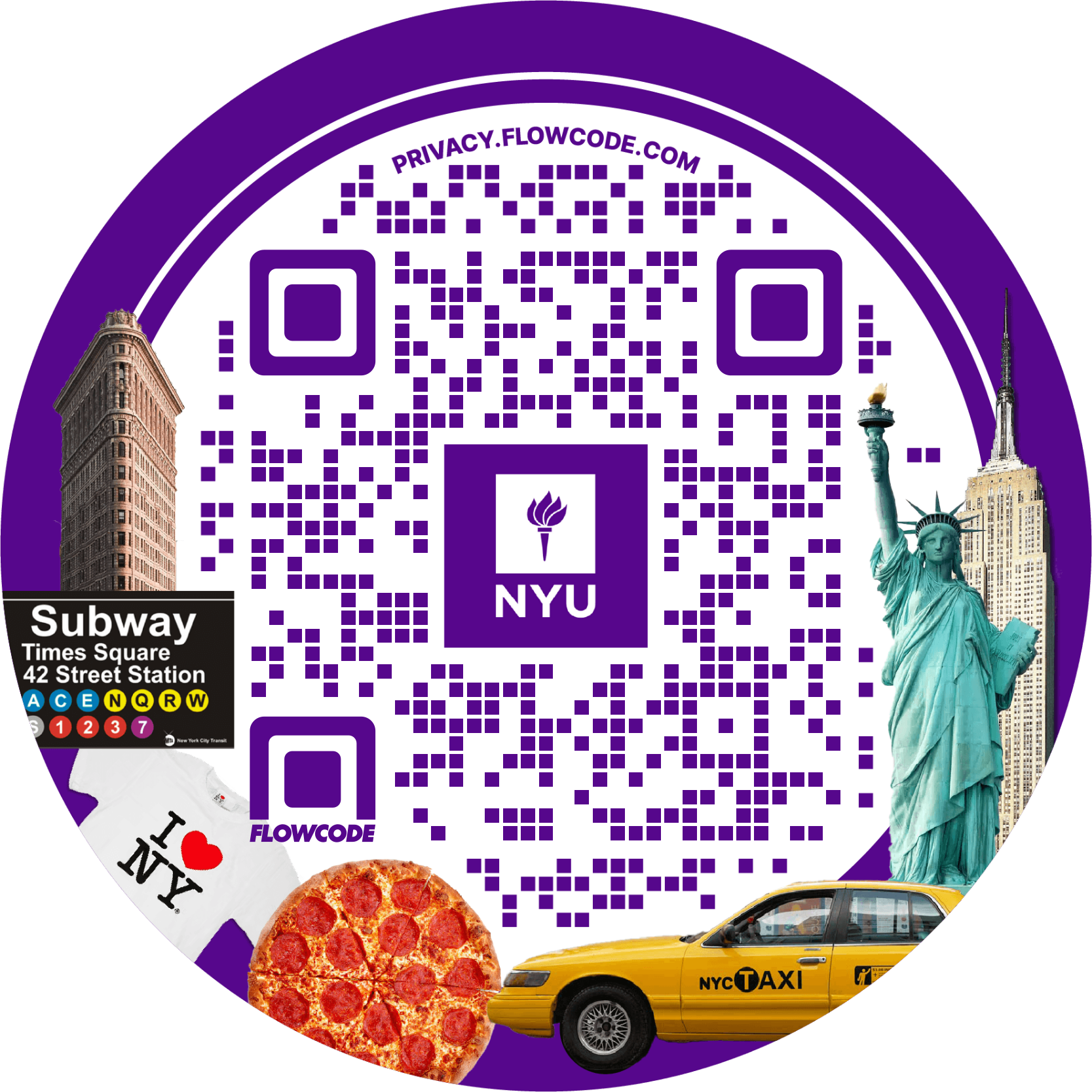
.png)
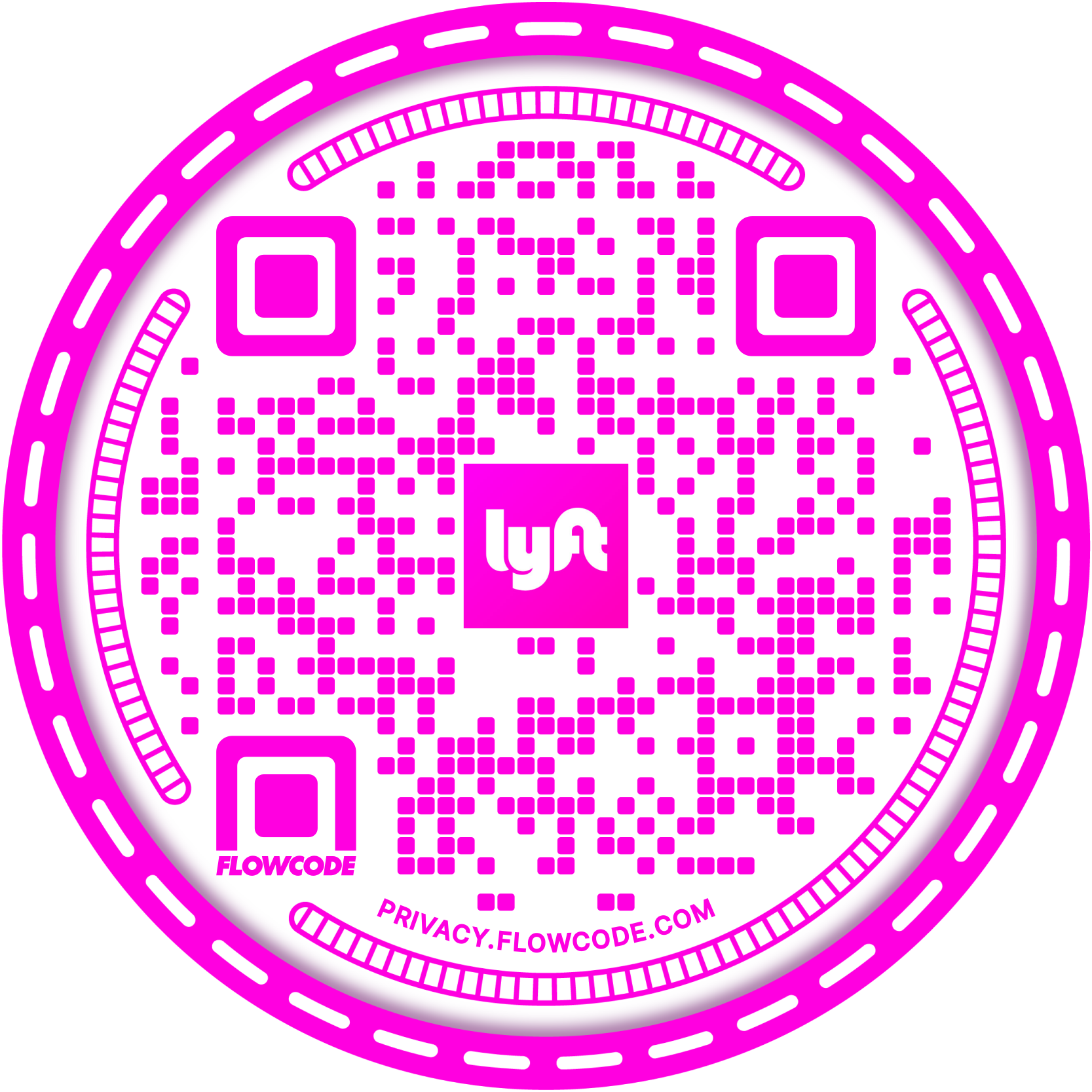
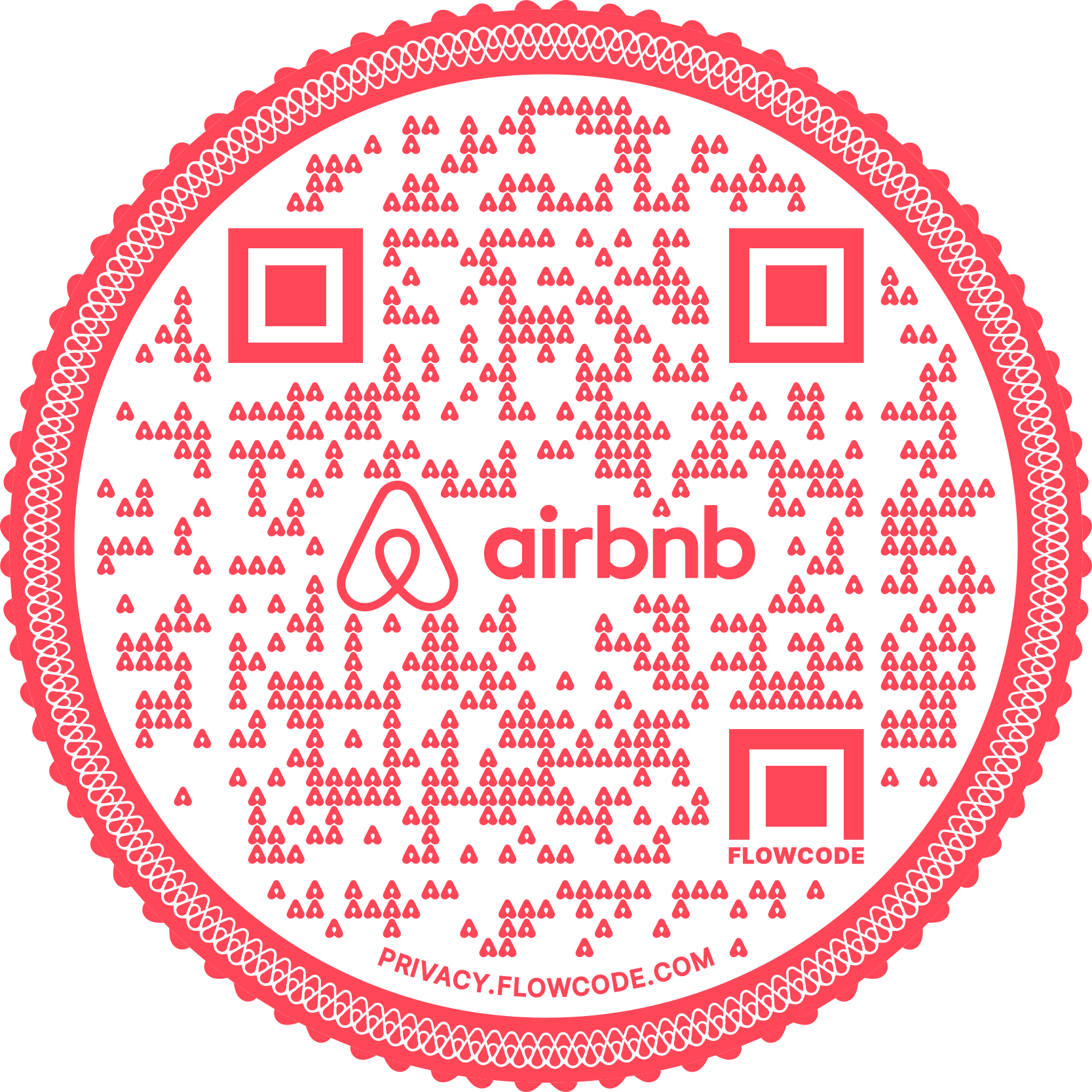
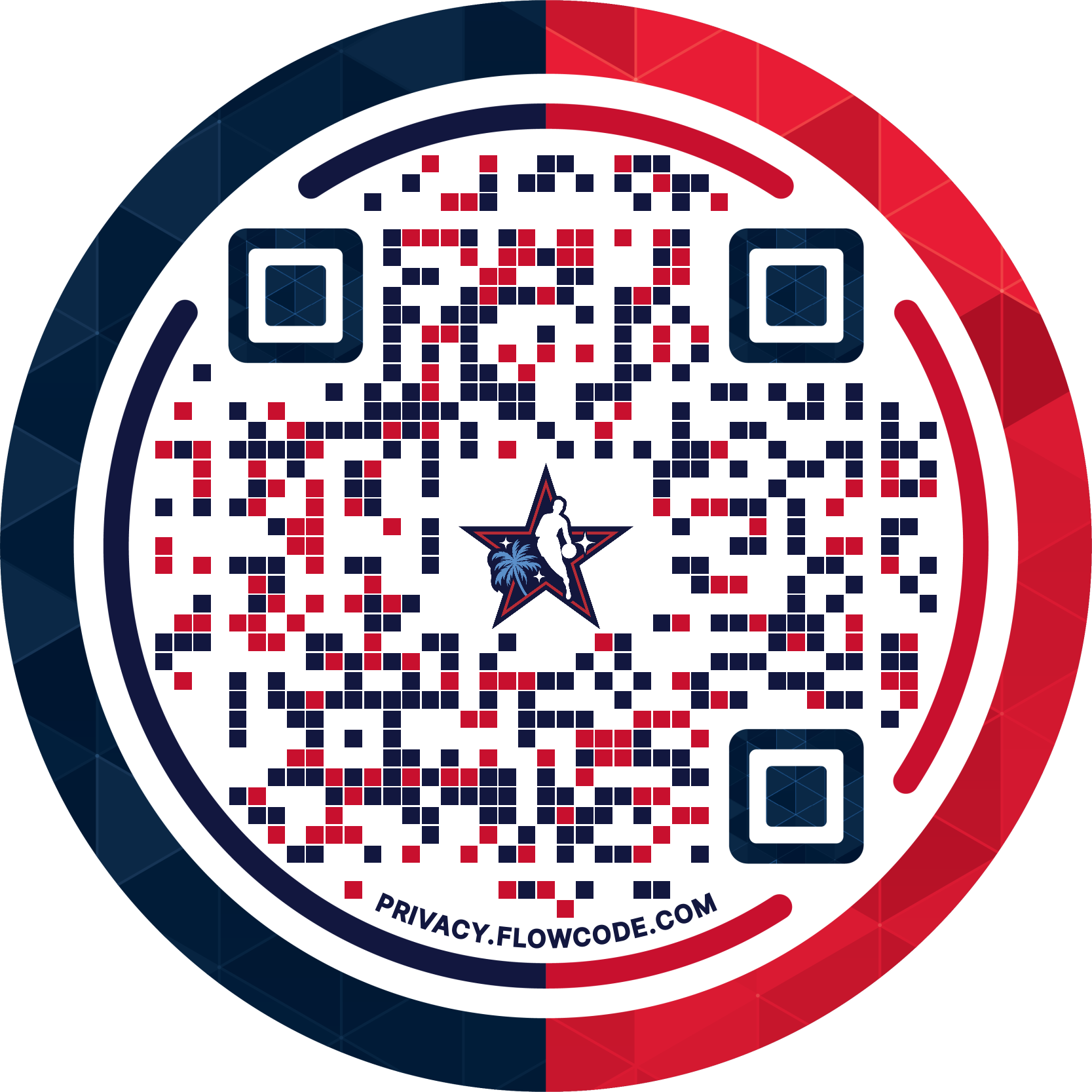
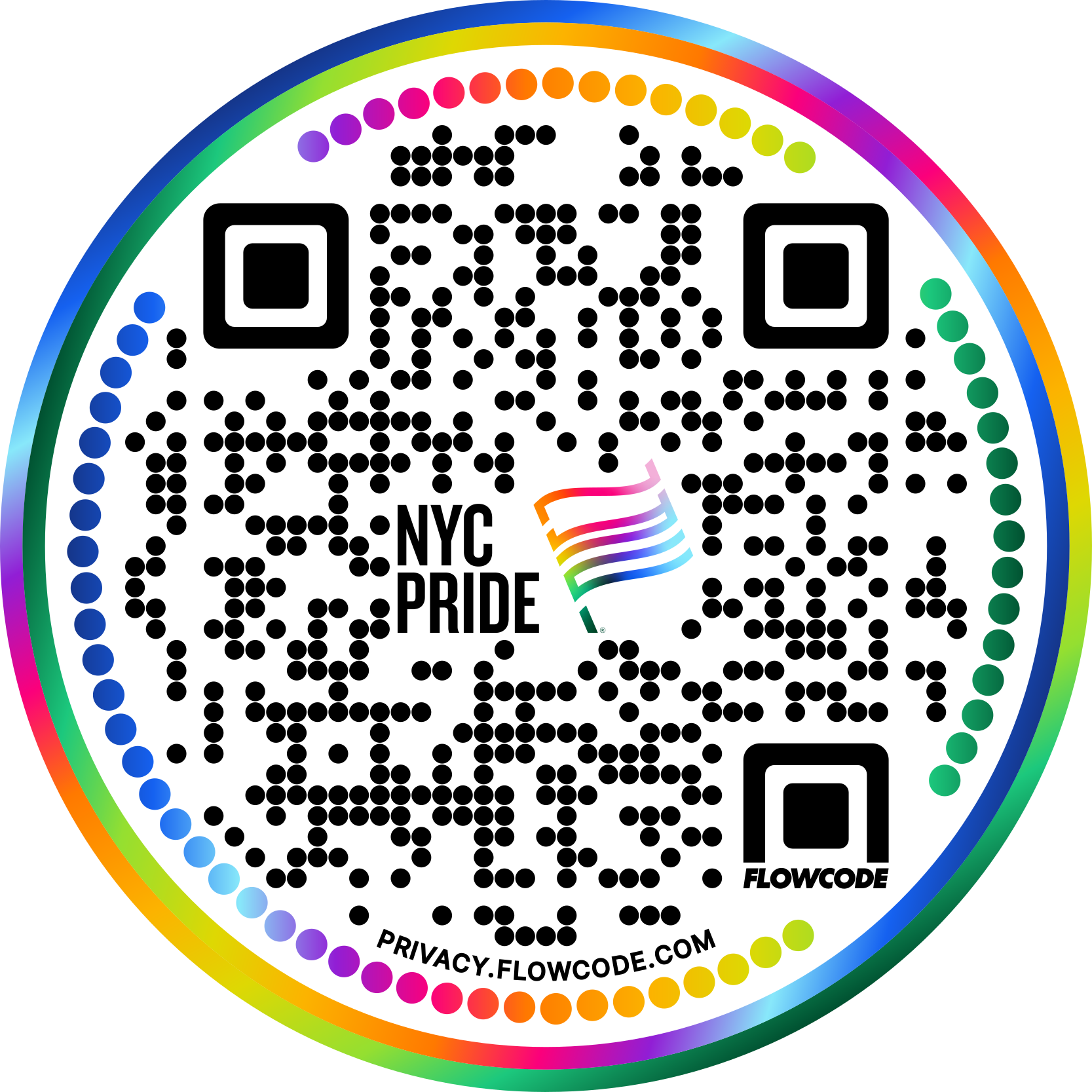


.png)
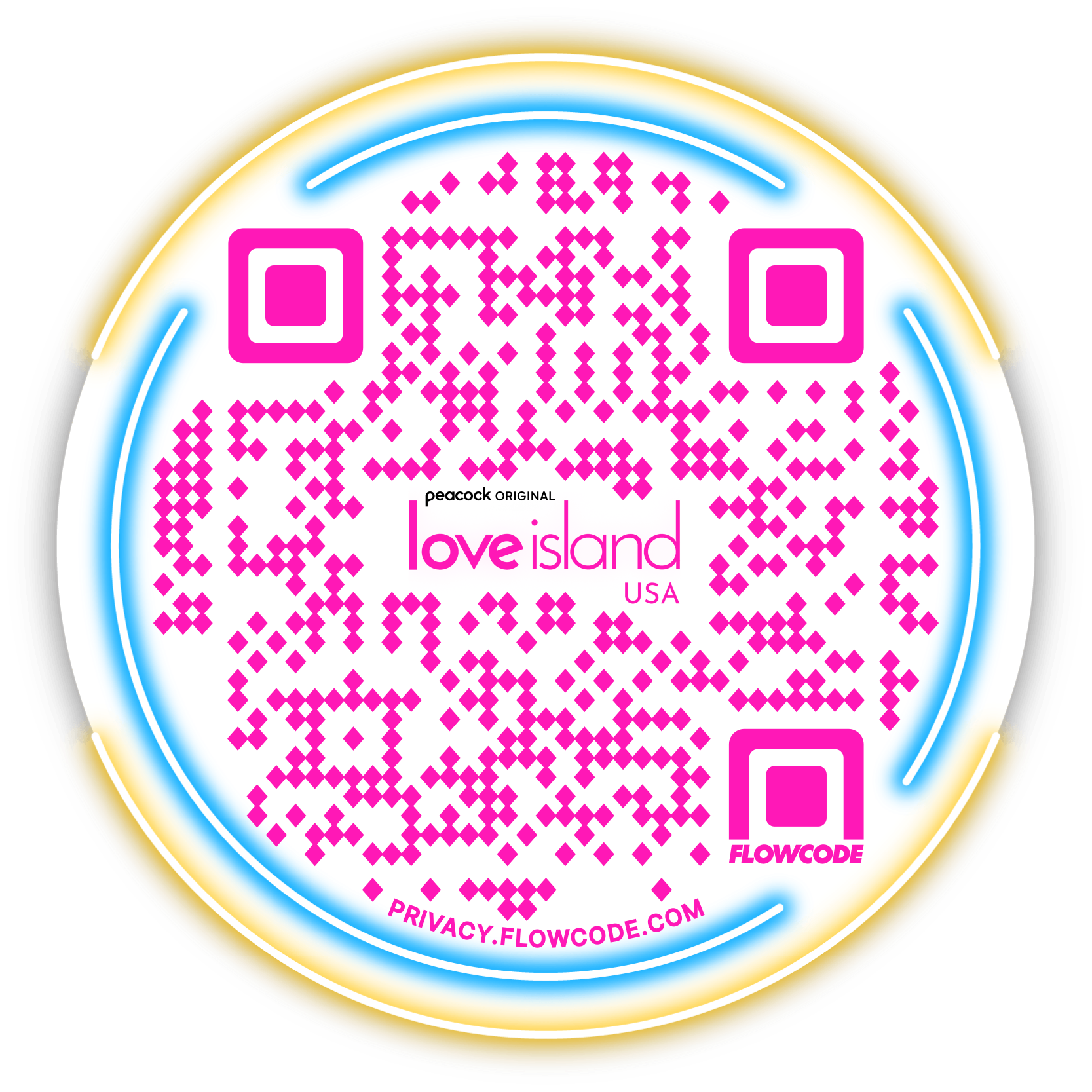

.png)
.png)
.png)

.png)

%20copy%203.png)






.png)


